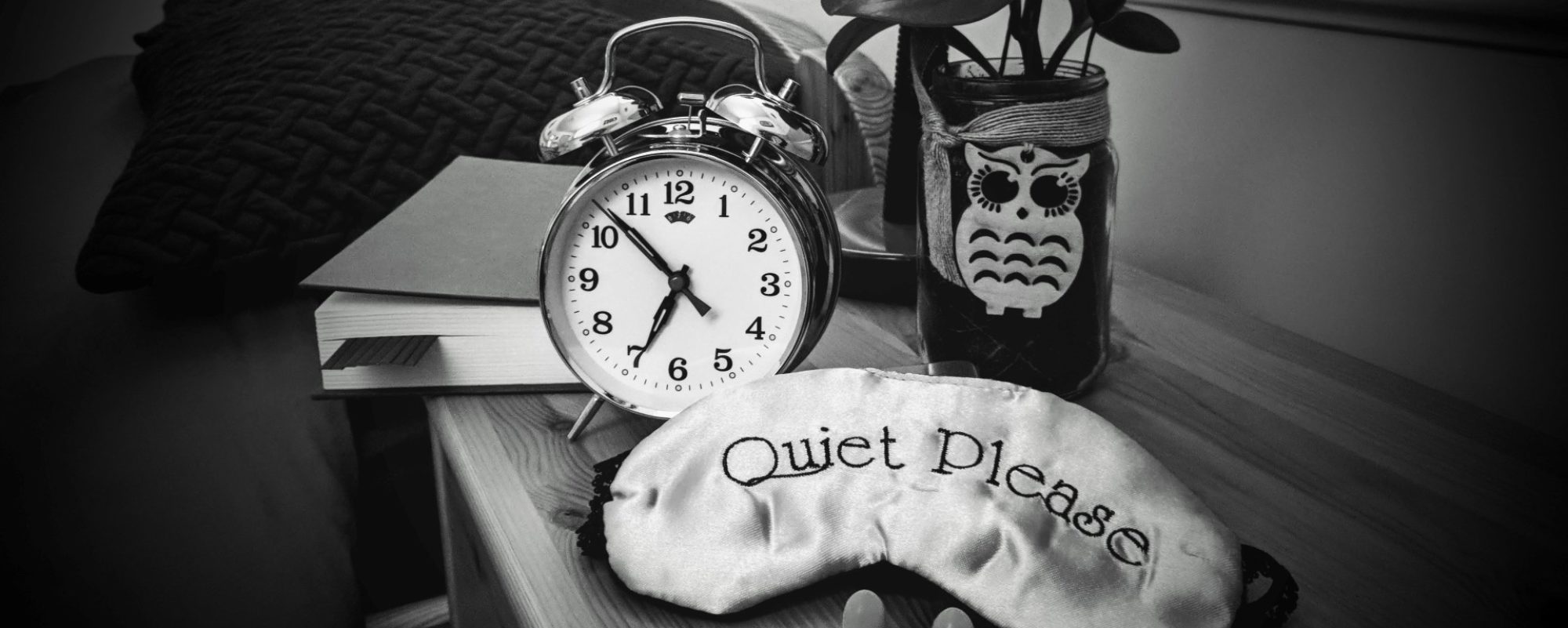
If Daylight Savings has left you out of sorts, go ahead and take a nap when you get the opportunity. National Napping Day, March 13th follows the time change which occurred yesterday, March 12th. Many people may choose to take advantage of this special day which will help them recover from losing an hour of sleep.
Daylight Savings was introduced to reduce energy consumption though now there is some debate as to whether this is still true. From a health perspective, time change is detrimental to our sleep since it throws off our body’s internal clock. As a sleep educator & advocate, I stress the importance of proper sleep hygiene which includes keeping a regular bedtime and wake time for optimal sleep health.
It is particularly disturbing to us in the spring when we lose an hour. The immediate and lingering effects of sleep deprivation can leave you fatigued, irritable and less alert. It is no wonder that people are more accident-prone during this time of year. It is crucial to be mindful of these consequences. Next year, try your best to “spring forward” in small increments over the course of the previous week to assist in mitigating the negative effects. See our previous blog post.
If you need to recharge, LIMIT your NAP TIME to 20 minutes or less. Once you sleep beyond 20 minutes, you may have already entered Delta Sleep (deep sleep). Waking from Delta Sleep can be disorienting and difficult. So stick to 20 minutes or less and you’ll have a refreshed outlook on the rest of your day.

